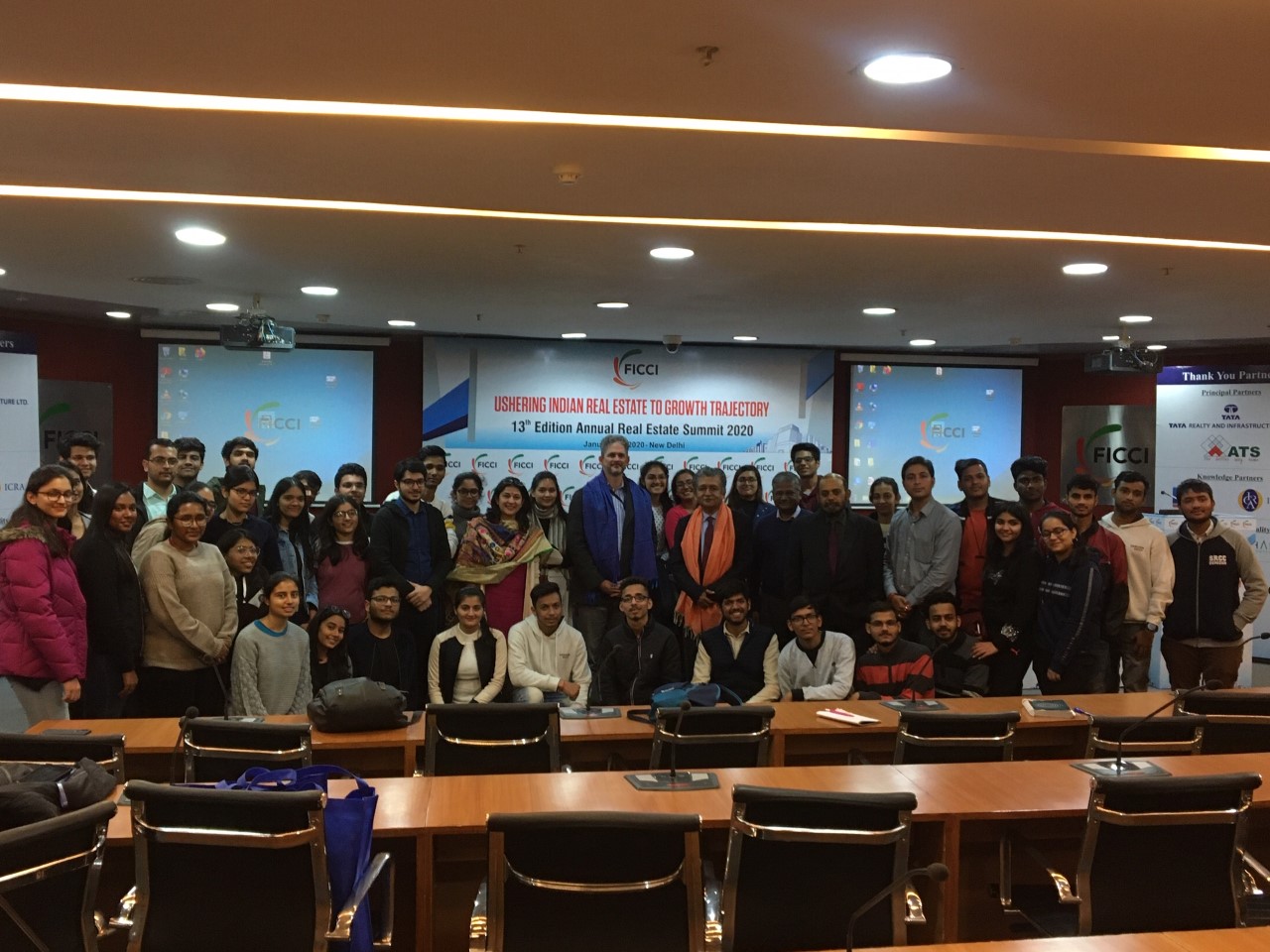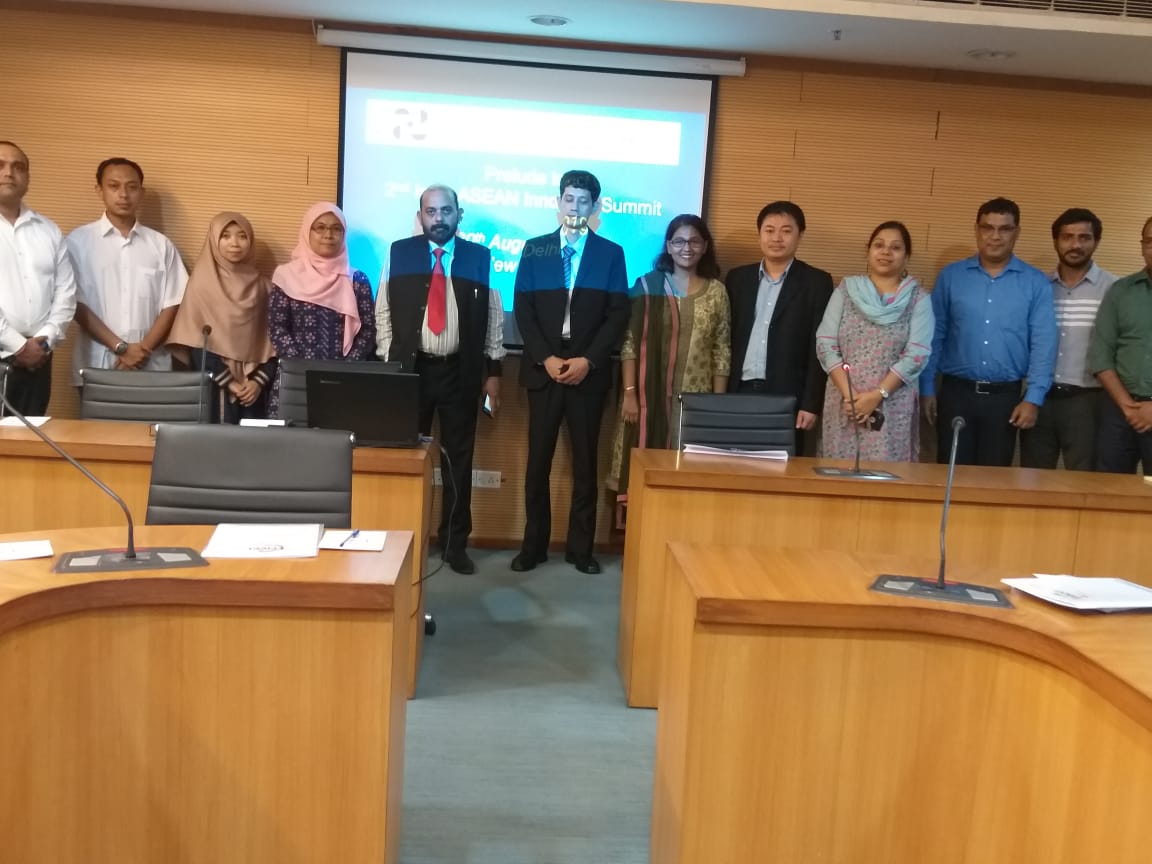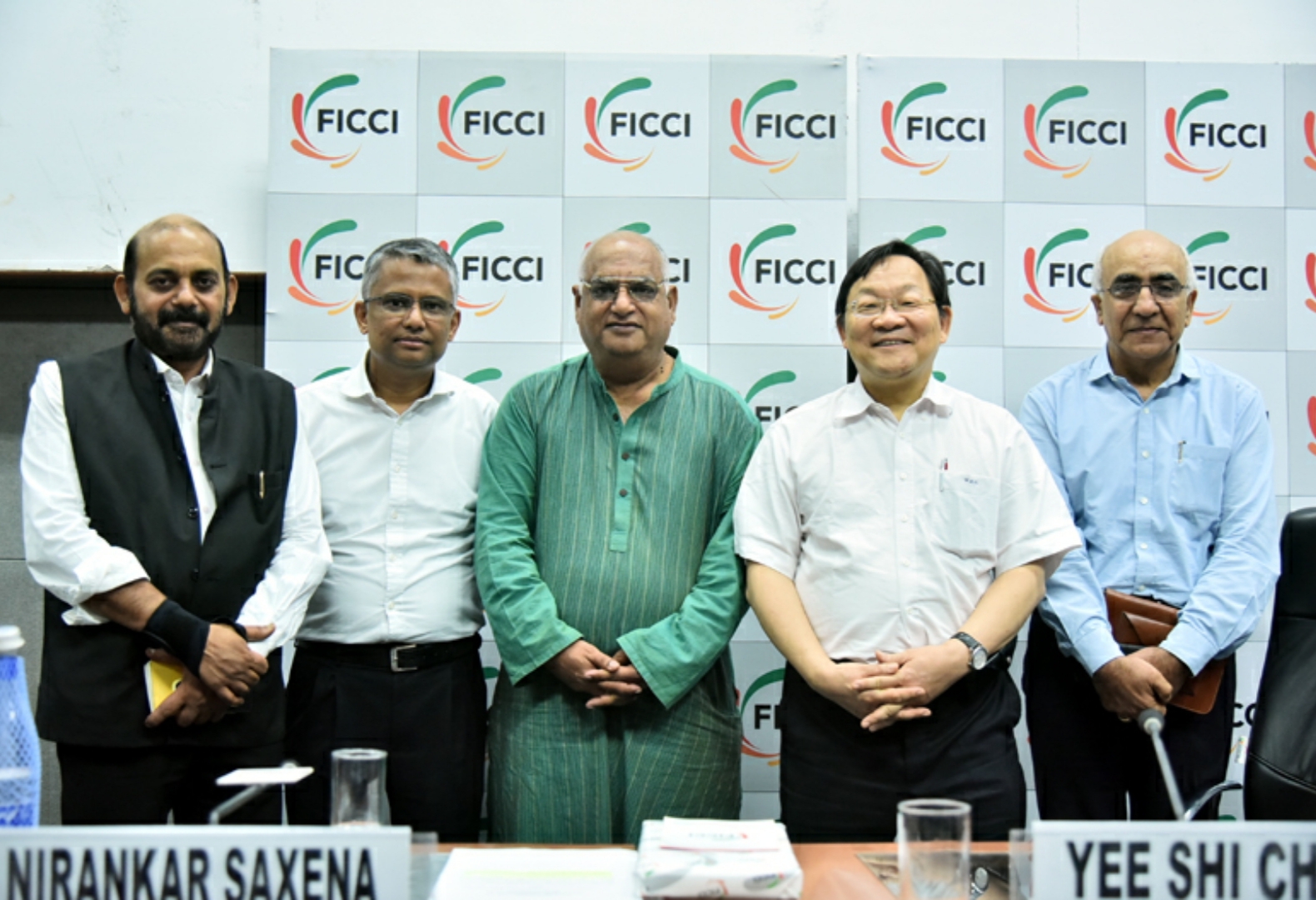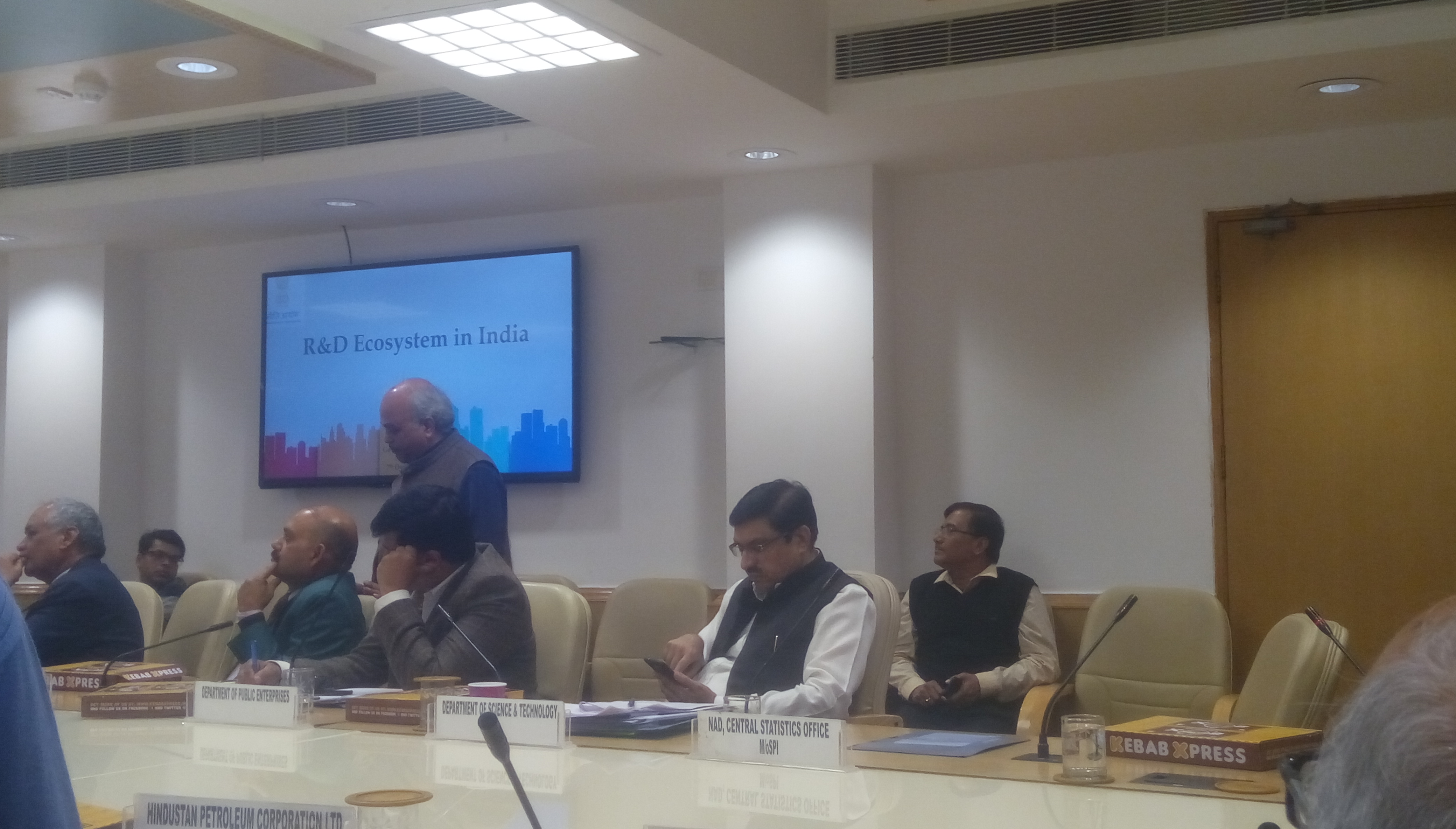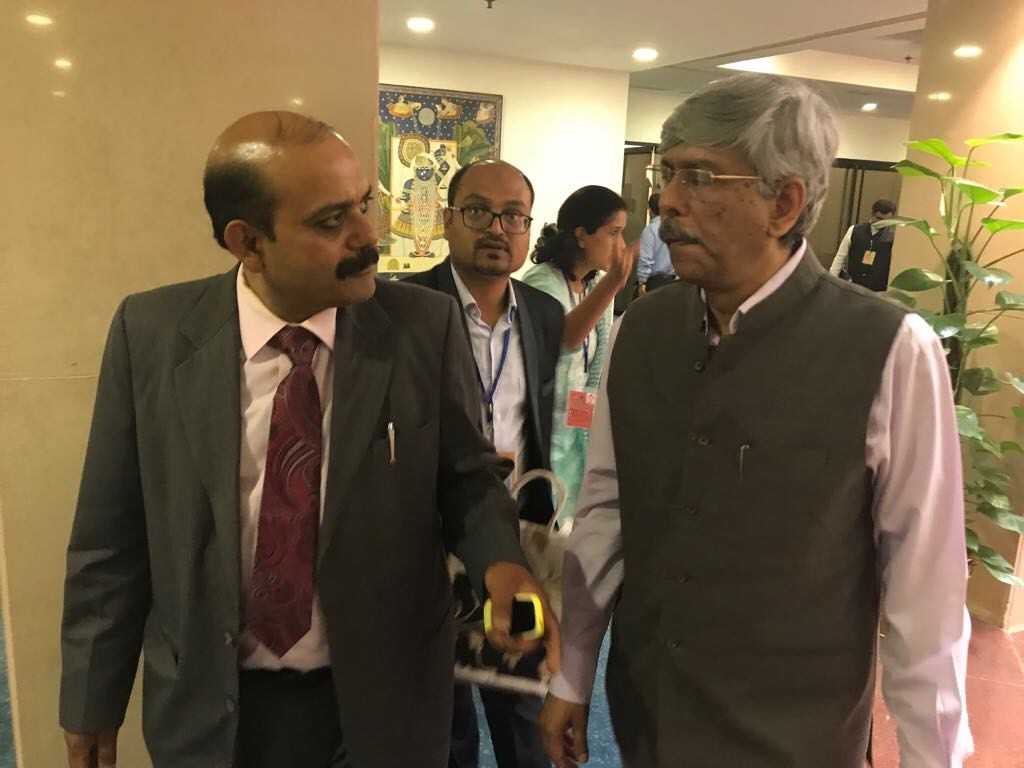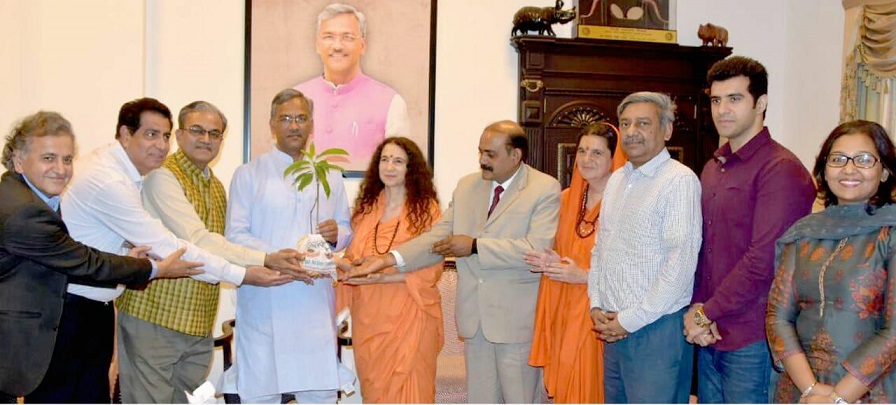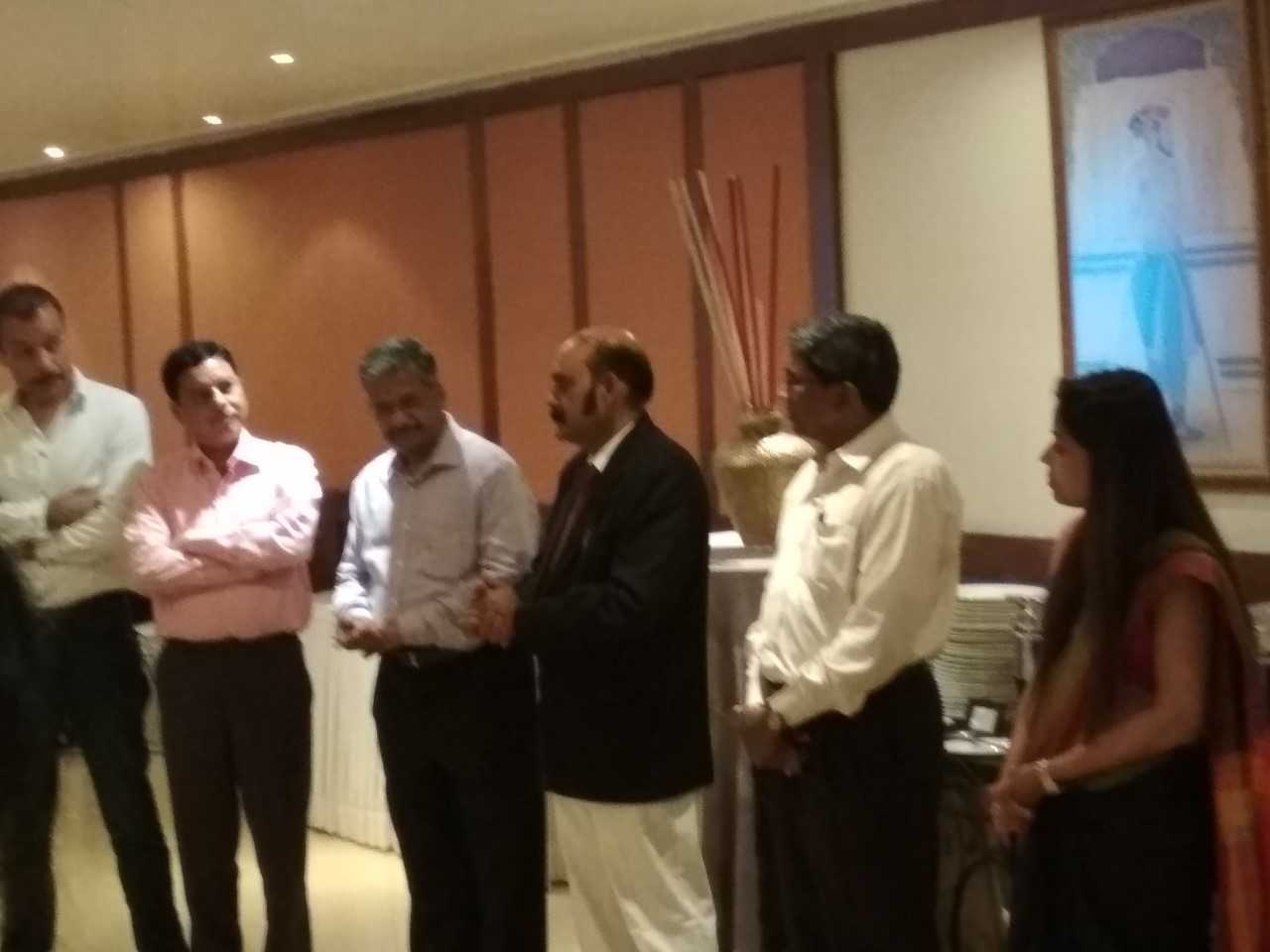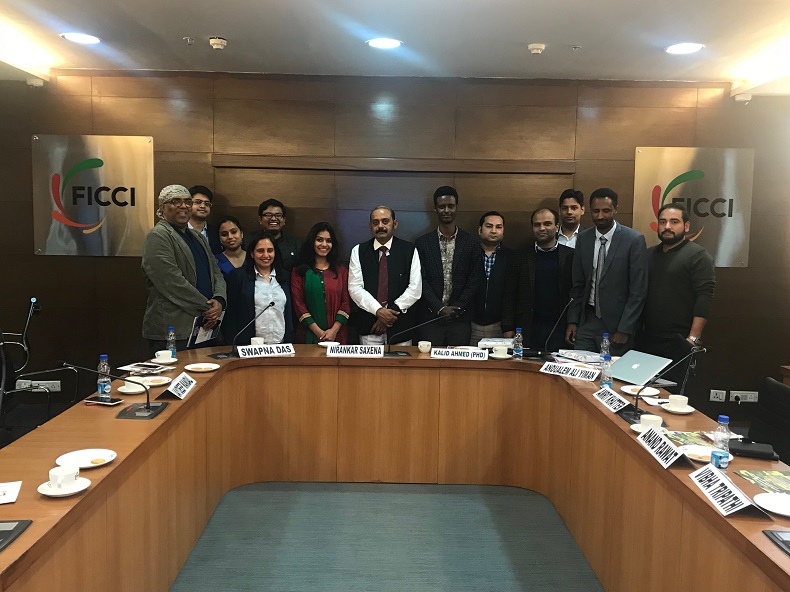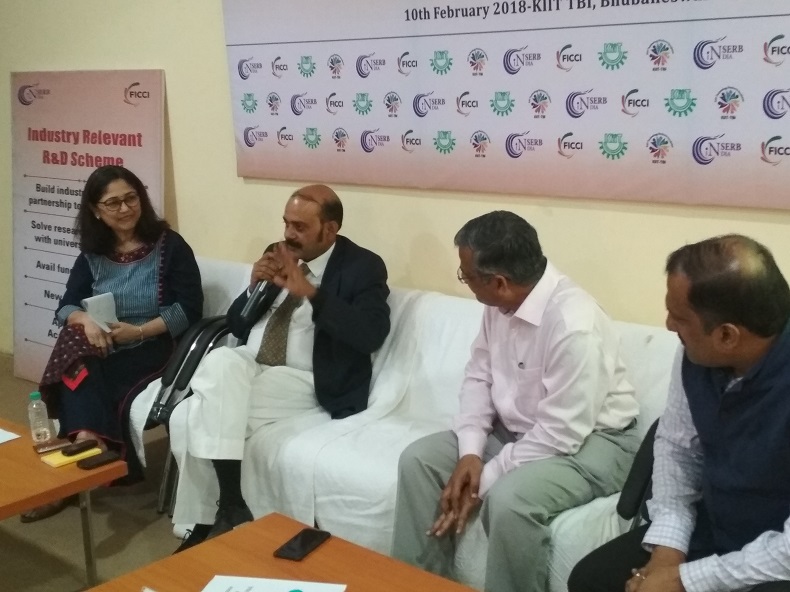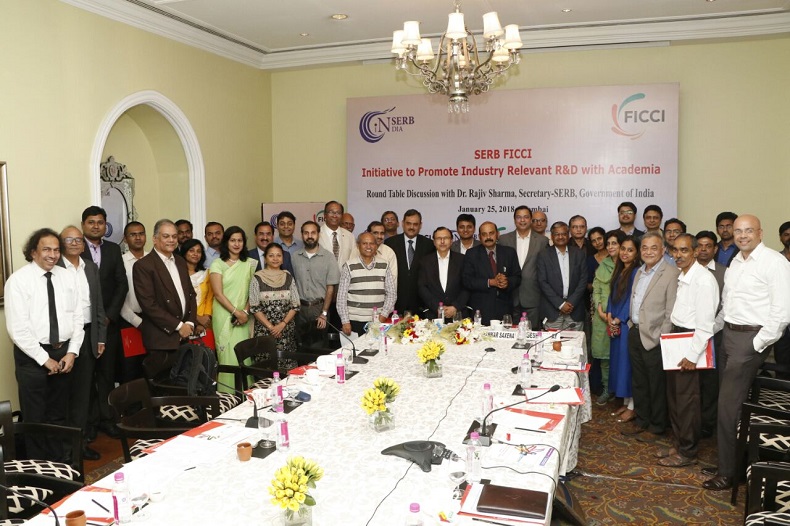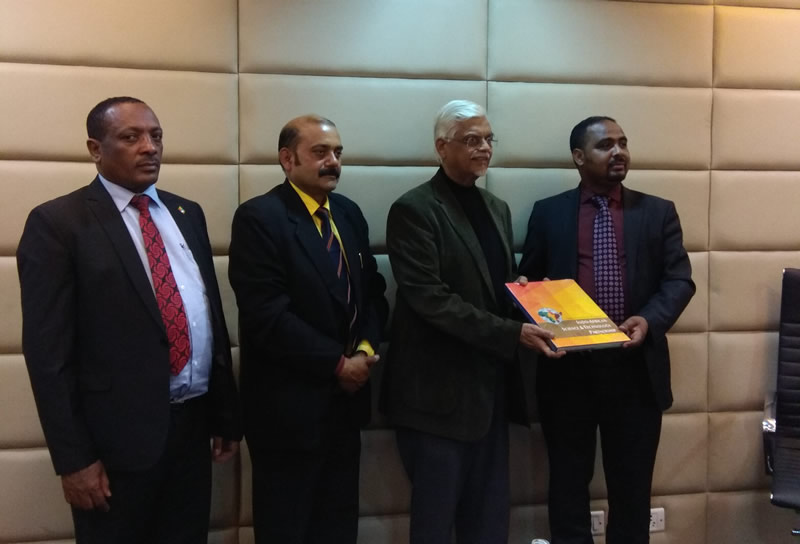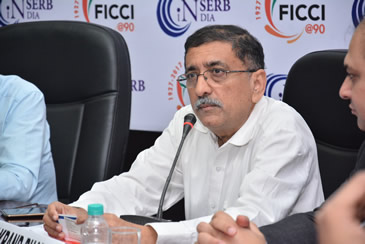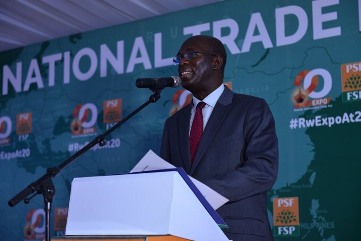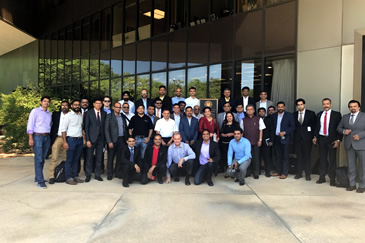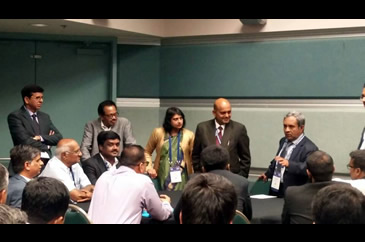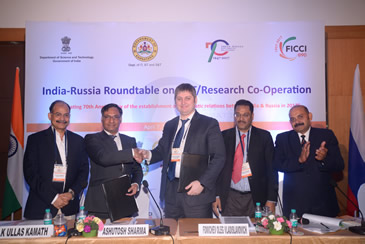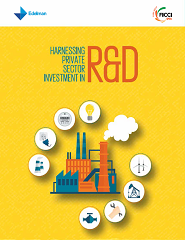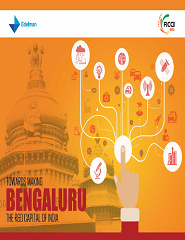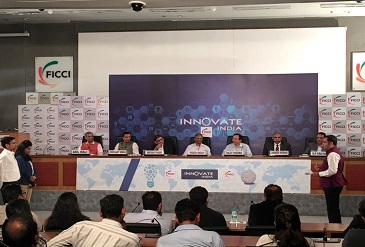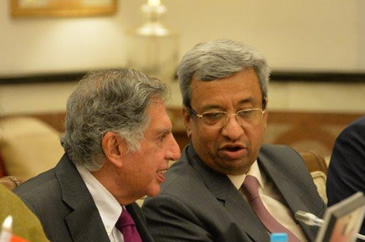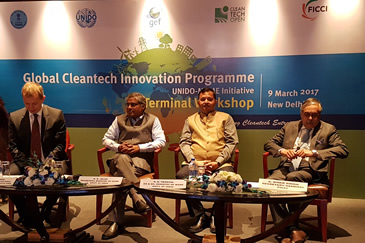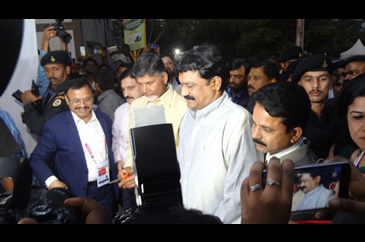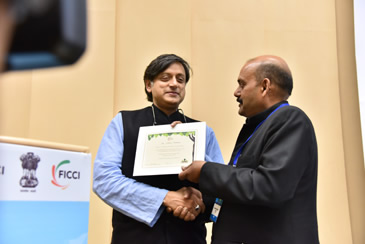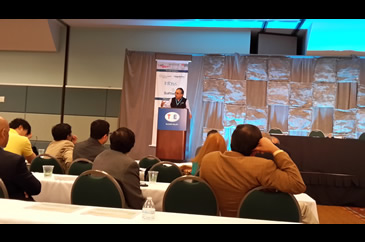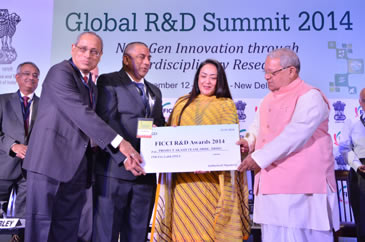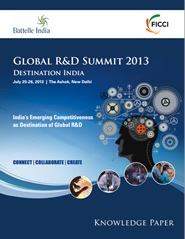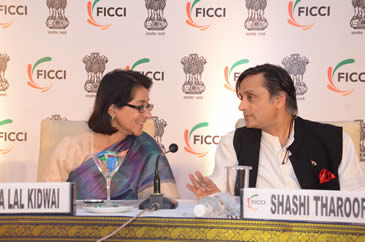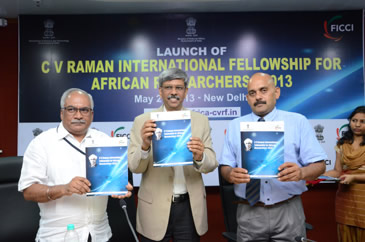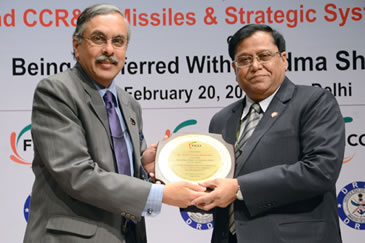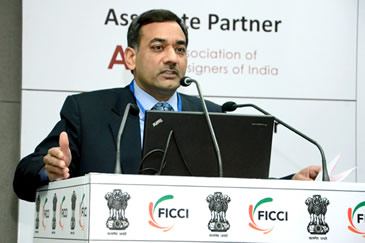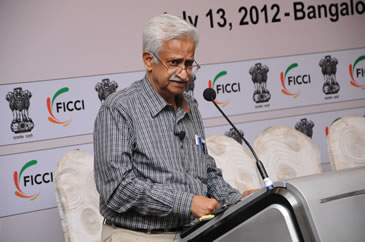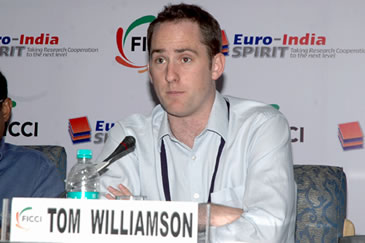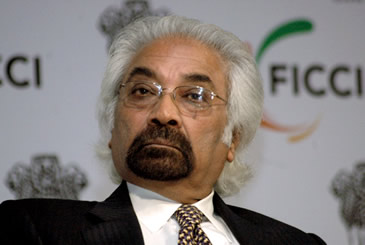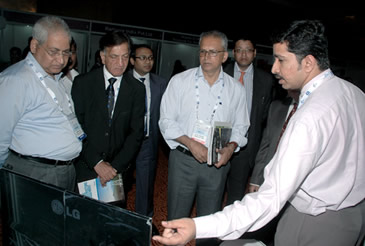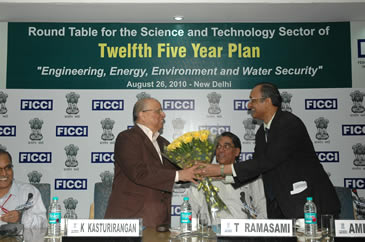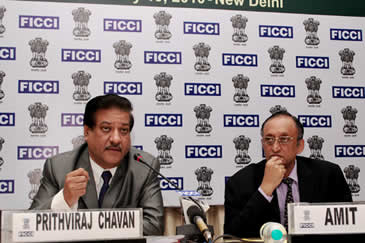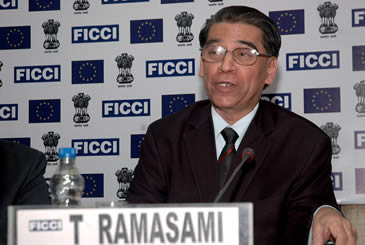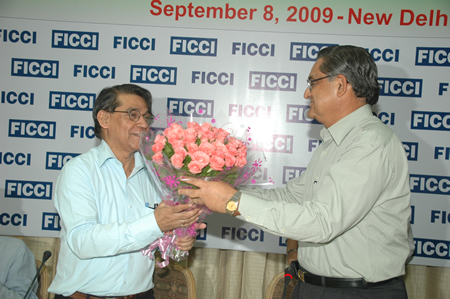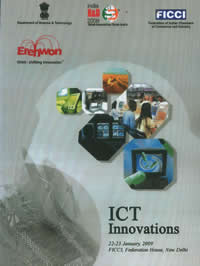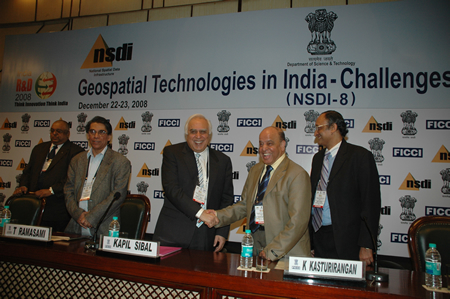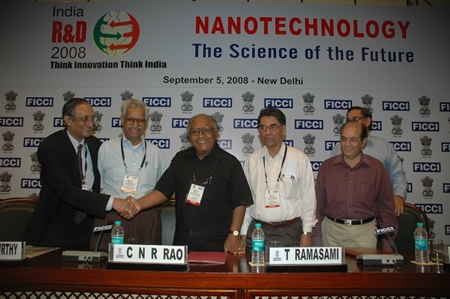Intellectual capital is a prime mover of economic activity. India has been moving up the value chain from merely being the world’s back office to the world’s leading R&D destination. This change can be attributed to a number of mutually reinforcing factors such as - availability of high quality human resource, improved infrastructure for research & development and proven excellence in bringing new innovation.
- Involving all stakeholders namely the Government, Industry, Academia and NGOs to bring S&T and Innovation in the mainstream
- Popularizing S&T and strengthening research infrastructure and capabilities
- Facilitating investments in S&T and innovation by initiating required policy changes
- Encouraging innovation networks between Indian companies, Indian research institutes and multinational corporations
- Helping Indian companies to adopt best global practices of networking with knowledge generating centres in order to advance their innovation intensity
Timeline
Roundtable Discussion on CV Raman International Fellowship For African Researchers (CVRF) program with African Missions in India
International Workshop on Energy Technology and Sensor Systems TENSYS-2021
Science and Technology one of the important tools besides culture, sports that brings communities together: Head, International Cooperation Division, DST, GoI
Industry Meets Science Series
Triple Helix - Industry, Academia & Government need to work together: Prof Ashutosh Sharma, Secretary, DST
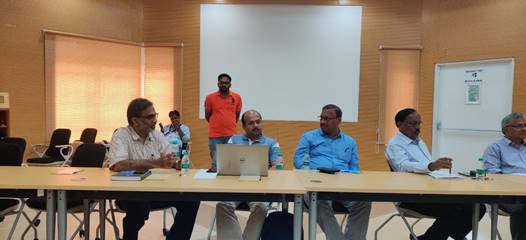
FICCI Round table on Wastewater Management - Industry & IIT Madras Collaboration, Center of Excellence - SUTRAM
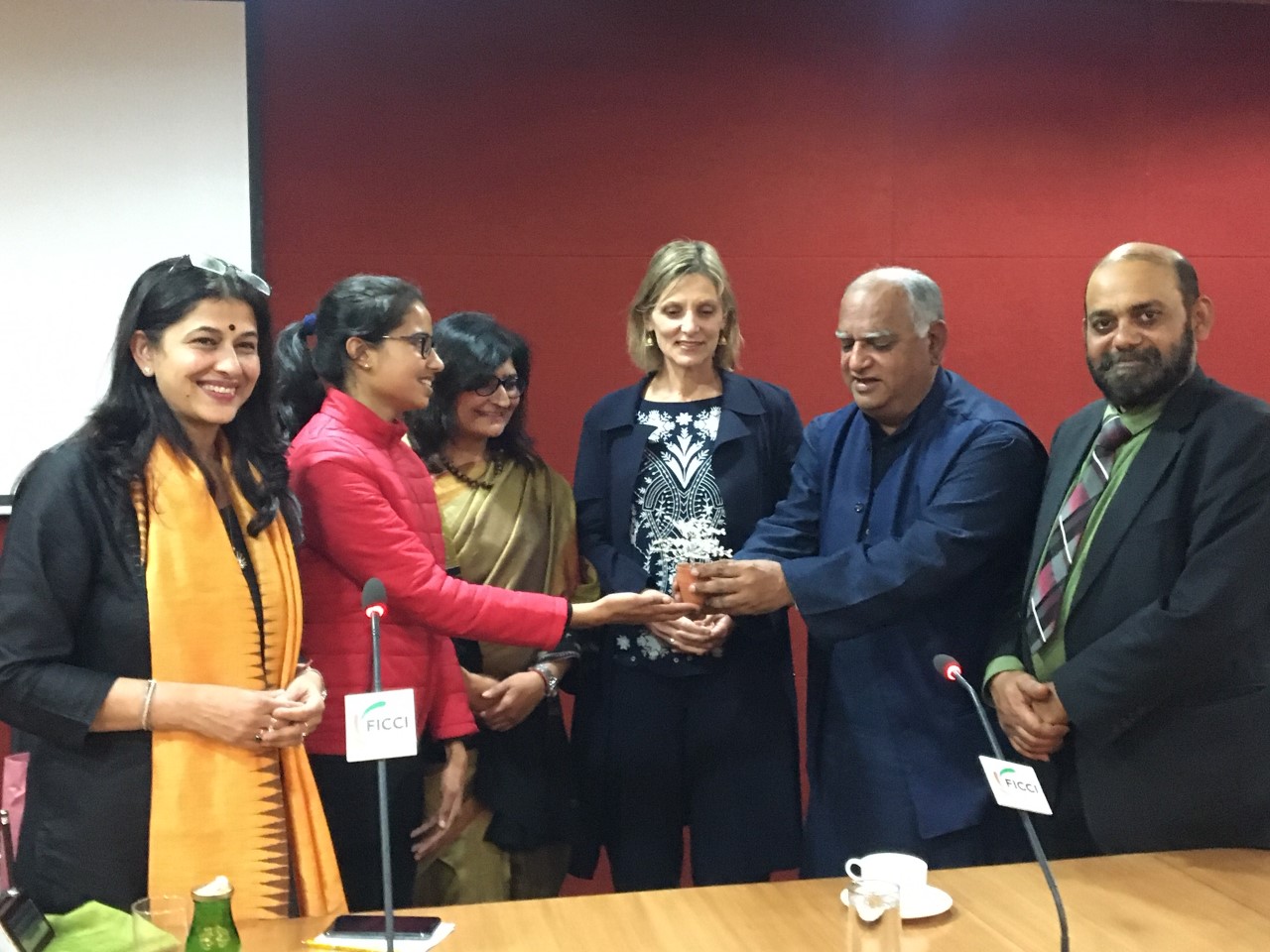
Lecture on Entrepreneurship for Youth by Mr. Vijay Mahajan, Founder of Basix, PRADAN, and CEO of Rajiv Gandhi Foundation
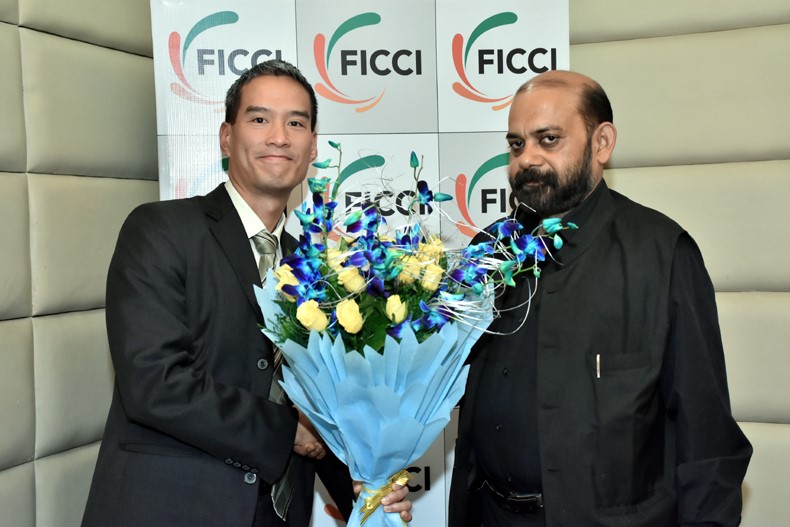
Meeting with Mr. Frank Le, First Secretary and Trade Commissioner, High Commission of Canada
Interactive meeting with Prof. K. Vijay Raghavan, Principal Scientific Adviser (PSA) to the Prime Minister at IIT, New Delhi
Local semiconductor ecosystem to make Indian manufacturing competitive: Professor Yee Shi Chang, National Tsing Hua University of Taiwan
Govt plans matching grant to industry-supported startups: DST Secretary
India-Ethiopia Innovation, S&T Commercialization Programme launched Global R&D Summit 2019 expands India-Africa collaboration for Sustainable Growth
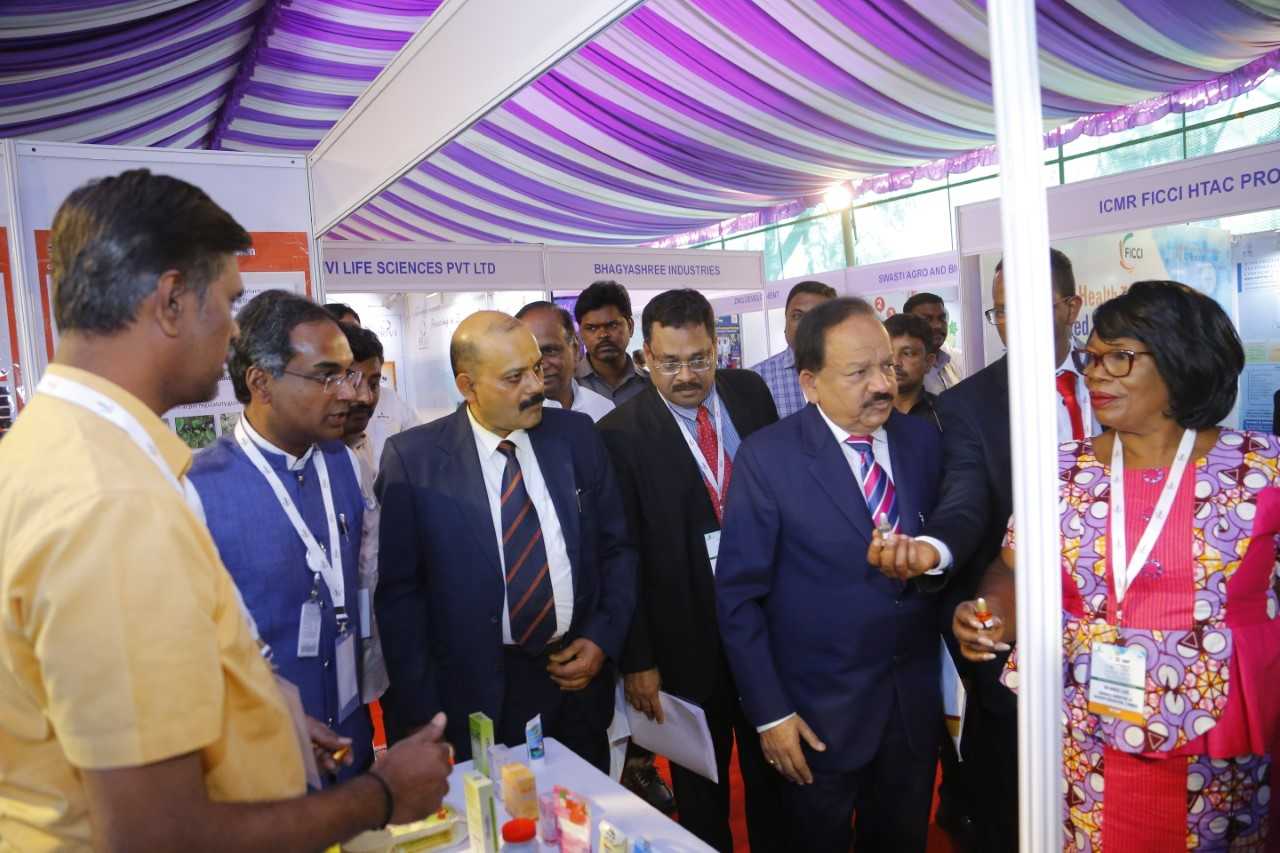
Global R&D Summit 2019: International Collaboration in Research and Development for Sustainable Growth
India, ASEAN countries must intensify collaborative research in S&T and innovation to address economic and social challenges: Dr. Harsh Vardhan 2-day India-ASEAN InnoTech Summit gets underway
Indian tech-led innovations for socio-economic impact development in Rwanda
DST & FICCI launch ASEAN-India Research Training Fellowship Scheme (AIRTF) and ASEAN-India Innovation Platform for young researchers (AIIP)
Millennium Alliance Awards Announced at Innovation Expo in New Delhi
FICCI-NASSCOM Interactive Meeting on Collaboration for MIT Media Labs and CMU RISS Program
Govt. of Uttar Pradesh Joins Hands with FICCI to Foster Disruptive Innovations GoUP aims to build the largest incubator in the country
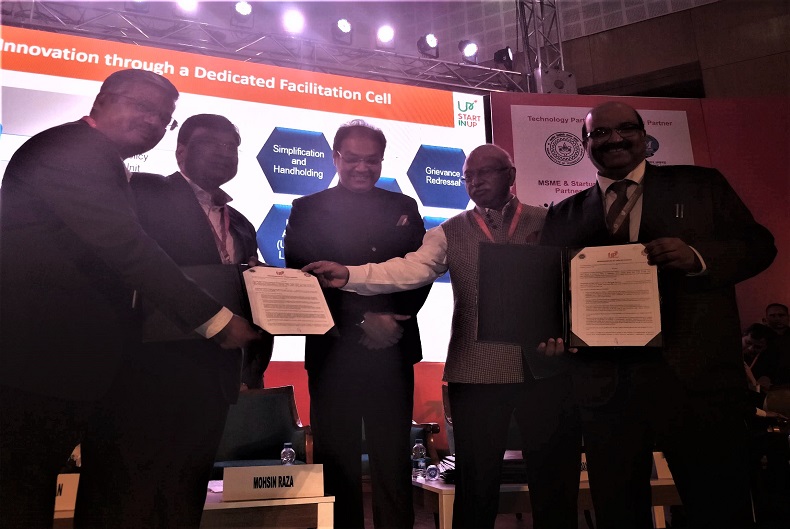
FICCI inks MoU with Government of Uttar Pradesh to set up world class Innovation Ecosystem in the state
FICCI launches ASEAN-India Research Training Fellowship (AIRTF) in partnership with Department of Science and Technology
FICCI & DST launch Coffee Table Book on the C V Raman International Fellowship for African Researchers to celebrate successful journey of African Research Scholars in India
Interactive Workshop on Industry Academia Collaboration
IORA Innovation Exposition 'Crafting a Blueprint for Shared and Sustainable Growth through Innovation'
FICCI joins the nation to congratulate ISRO on the Successful launch of communication satellite GSAT-19
India Innovation Growth Programme (IIGP) 2.0 to support Industrial and Social Innovations
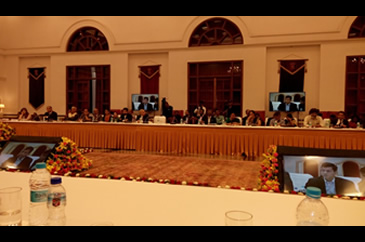
FICCI at Roundtable on Innovations in Medical Science and Bio-technology for grassroots applications

Vice President, H.E. Mohammad Hamid Ansari, launched the India-Rwanda Innovation Growth Program in Kigali in presence of the Prime Minister of Rwanda, Rt. Hon. Anastase Murekezi
Focus on agri sector, convert knowledge to wealth throughintensive R&D and innovation: Nitin Gadkari
India to begin Technology & Innovation sharing with Rwanda
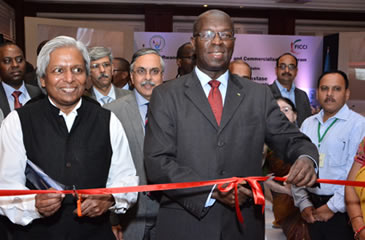
Indo-Rwanda Technology Transfer and Commercialization Program: Interactive Roundtable with Rt. Hon. Murekezi Anastase, Hon'ble Prime Minister Of The Republic Of Rwanda

Science & Technology Innovation Exposition: India Partners Africa - Technologies & Innovations for Socio-Economic Impact Development
FICCI congratulate Dr Prahlada on being conferred the Padma Sri
Government mulls innovation fund to boost R&D in micro, small & medium enterprises: Kalraj Mishra
FICCI suggests PPP, new business models and tax benefits to give a fillip to science, technology & innovation sector
FICCI's Recommendations for the Science, Technology & Innovation Sector
Indian industry feels proud of ISRO's success of Mars Orbiter Mission
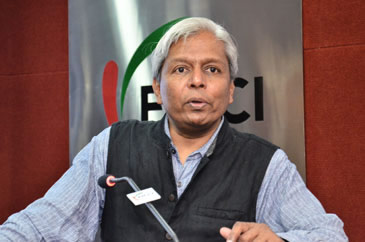
Sensitisation & Orientation Seminar on India-Africa S&T Initiative including C V Raman International Fellowship for African Researchers - 2014
FICCI-IIT Delhi Tech Show
India's S&T policy should be output-driven, wealth creating and based on venture funding model: FICCI President
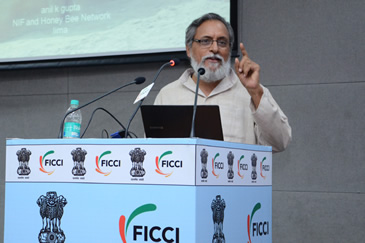
Stakeholders' Consultation Meeting for Formulation of Science, Technology & Innovation Policy 2013
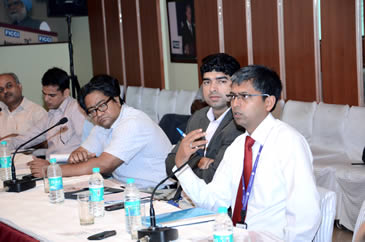
Brainstorming Session on 'Key Output Indicators for Performance Evaluation of Scientific R&D Activities in India'

US-India Conclave: "Partnership for Innovation-Imperative for Growth and Employment in both Economies"
Science & Technology for Homeland Security
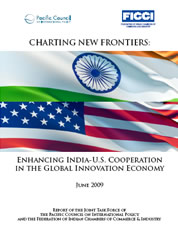
FICCI Pacific Council Report - Enhancing India US Cooperation in the Global Innovation Economy

Release of FICCI – Pacific Council Report “Charting New Frontiers: India US Cooperation in the Global Innovation Economy”



